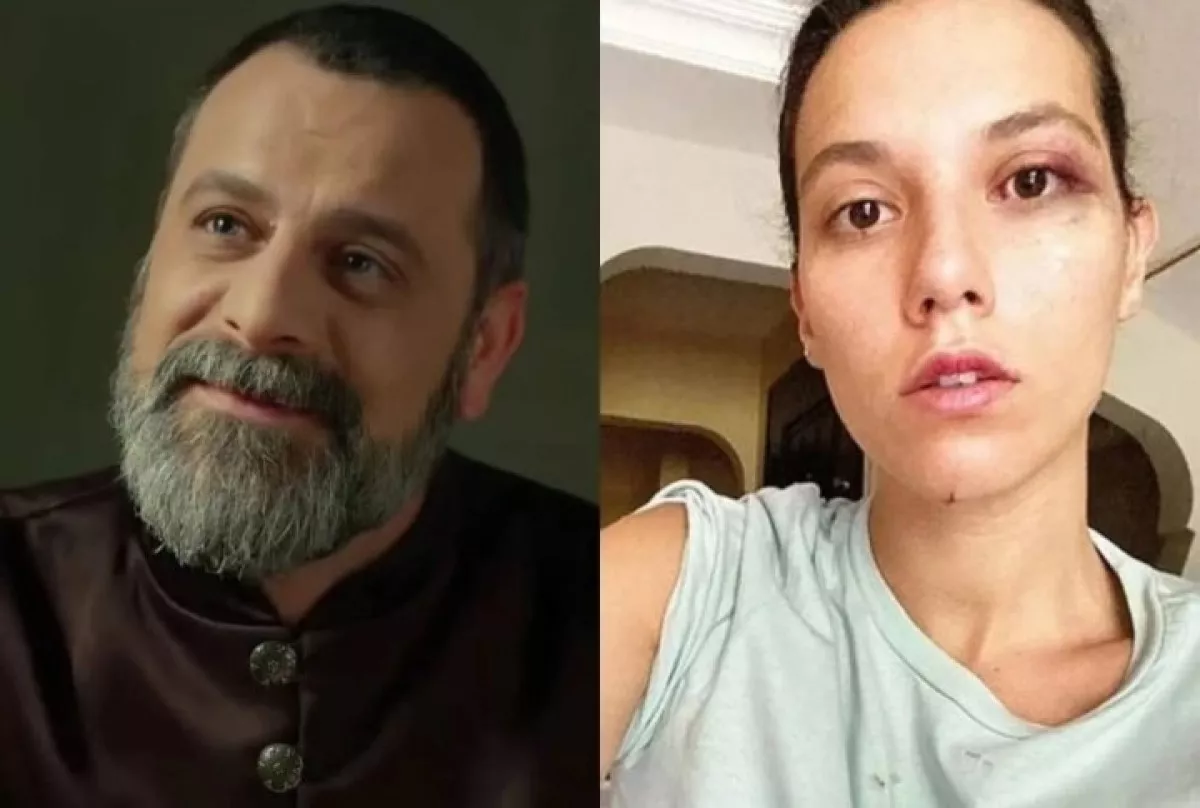Ozan Gyuvenga was sentenced for physical violence

The Turkish Republic's judicial authority has issued a ruling regarding the serious case involving the famous actor Ozan Gyuveng. This was reported by Upl.uz.
The actor, widely recognized for his role as Rustem Pasha in the historical series "Ulug‘ asr," was found guilty of physical violence. As a result of the court proceedings, he was sentenced to two years and three months of imprisonment.
The main incident of this case occurred in 2020. Ozan Gyuveng's former collaborator, journalist Deniz Bulutsuz, filed a complaint with the police, alleging that the actor had committed physical violence against her.
Bulutsuz substantiated her claim with photographs showing her injuries and official medical reports. The actor consistently denied his guilt and refuted Bulutsuz's allegations.
Additionally, he filed a counterclaim to protect his honor, emphasizing that his former girlfriend was the instigator and aggressor of the conflict, and sought compensation for material and moral damages.
However, after thoroughly examining all the presented evidence, the court found Deniz Bulutsuz's position to be more credible. Due to the unsatisfactory nature of the evidence provided by Ozan Gyuveng and his representatives, his counterclaims were completely dismissed.
In its final decision, the court found Ozan Gyuveng guilty of intentionally causing physical harm to his former collaborator Deniz Bulutsuz and sentenced him to two years and three months in prison. Deniz Bulutsuz expressed satisfaction with the court's ruling, stating that justice had been served.
Meanwhile, Ozan Gyuveng's defense team announced their intention to appeal the decision to higher courts. It is noteworthy that another actor from the "Ulug‘ asr" series, Halit Erganch, had also previously faced a court ruling.
He was convicted of giving false testimony in an investigation related to the protests in Gezi Park in Istanbul in 2013 and was sentenced to one year and ten months in prison. In 2021, Turkey officially withdrew from the Istanbul Convention of the Council of Europe on combating violence against women and domestic violence.
This decision was criticized by human rights organizations and international observers as a risk to the weakening of women's rights.







